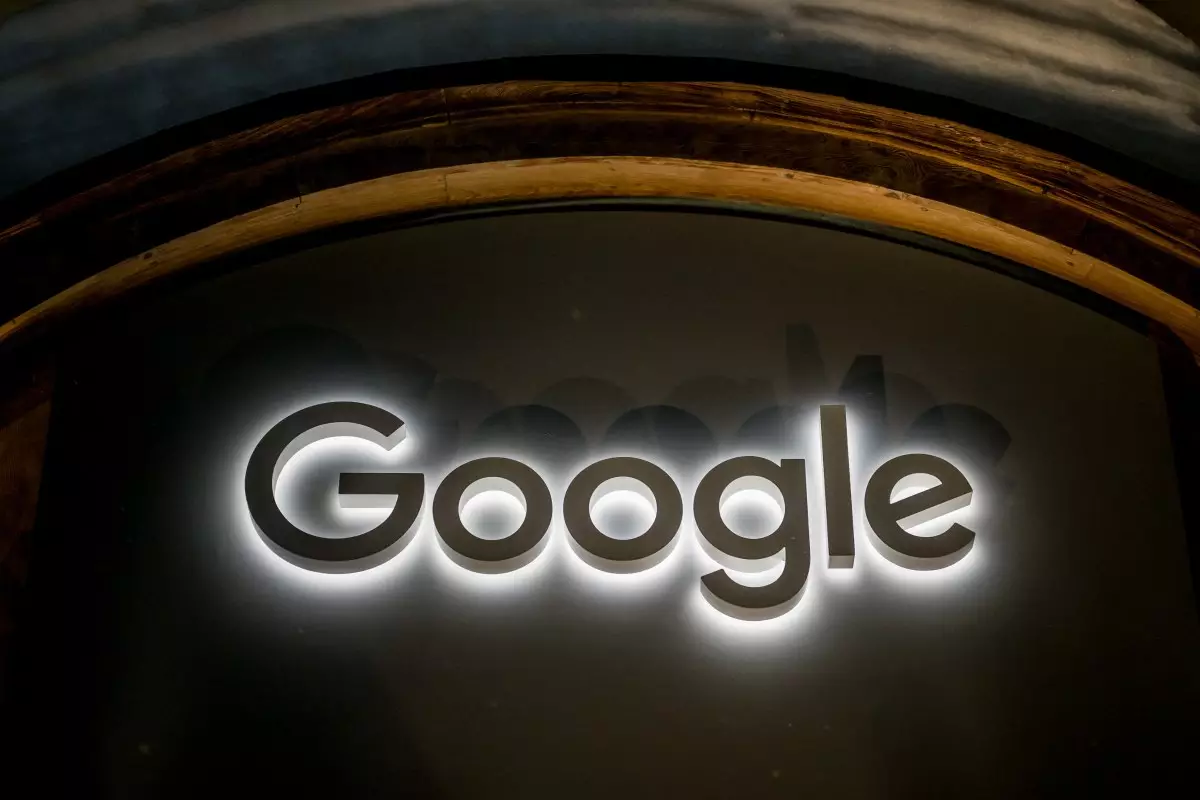In an era where artificial intelligence (AI) continues to evolve rapidly, Google has taken a significant step forward by establishing a new team dedicated to developing AI models that can intelligently simulate the physical world. This initiative is spearheaded by Tim Brooks, a former co-leader of OpenAI’s video generator project, Sora, who transitioned to Google DeepMind in October of the previous year. Announced via a post on X, Brooks emphasized the ambitious ambitions of DeepMind to create groundbreaking generative models capable of real-world simulations.
Brooks has made it clear through his communications that this newly formed team aims to tackle “critical new problems” in AI modeling. The effort intends to collaborate with existing projects, namely Google Gemini, Veo, and Genie, which are already making significant headway in particular areas of AI. Gemini serves as Google’s flagship suite of AI models focusing on tasks such as image analysis and text generation. Meanwhile, Veo is the company’s dedicated video generation model, and Genie seeks to create real-time simulations of 3D environments and games.
One of the most pivotal aspects highlighted by the team is their commitment to scaling AI training using advanced video and multimodal data sources. The team believes that such scaling is essential for realizing the dream of Artificial General Intelligence (AGI) – AI systems capable of performing any cognitive task that a human can accomplish. The concept of world models, as articulated by Brooks, suggests a future where AI could excel in areas like visual reasoning, real-time simulations, and interactive entertainment. This strategic focus indicates Google’s awareness of the potential applications AI world models could have in an increasingly digital and interactive landscape.
The pursuit of world models is not exclusive to Google. Various startups and established tech giants are also vying to create these advanced AI frameworks. Notably, researchers like Fei-Fei Lee are spearheading initiatives such as World Labs, while companies like Decart and Odyssey are emerging contenders in this field. Each of these entities shares a common belief that world models can revolutionize how immersive media, including video games and films, is produced, alongside more practical applications like robot training environments.
Despite the excitement surrounding this technological advancement, there are reservations within the creative community. Numerous game studios, such as Activision Blizzard, have recently employed AI to streamline operations, leading to job cuts and increased productivity pressures on existing staff. A disturbing prediction from a 2024 study by the Animation Guild anticipates substantial job disruption for over 100,000 professionals in U.S.-based film, television, and animation sectors due to AI developments by the year 2026. While some startups, including Odyssey, reassure that they are focused on collaboration rather than replacement, the overarching industry sentiment remains cautious about the implications of AI on creative employment.
As Google advances its AI initiatives, another pressing issue comes to the forefront: copyright concerns associated with the training data used for these models. Reports indicate that some AI world models may be derived from clips of video game playthroughs, raising potential legal challenges for the companies behind them if they utilized unlicensed material. Given Google’s ownership of YouTube, the tech giant asserts that they comply with the platform’s terms of service and have appropriate permissions for training models using content from YouTube. However, transparency about which specific videos are being used remains insufficient, leaving many questions unanswered.
Google’s latest venture under Tim Brooks points towards ambitious aspirations for simulating our world through AI technology. While the potential for incredible advancements in areas like gaming, simulation, and interactive media is evident, the social and ethical ramifications deserve careful consideration. As the industry evolves, finding a balance between leveraging AI’s capabilities and protecting the creative workforce will be crucial. The road to developing comprehensive world models is fraught with both challenges and opportunities, and how companies navigate this landscape will define the future of AI in the creative realm.

